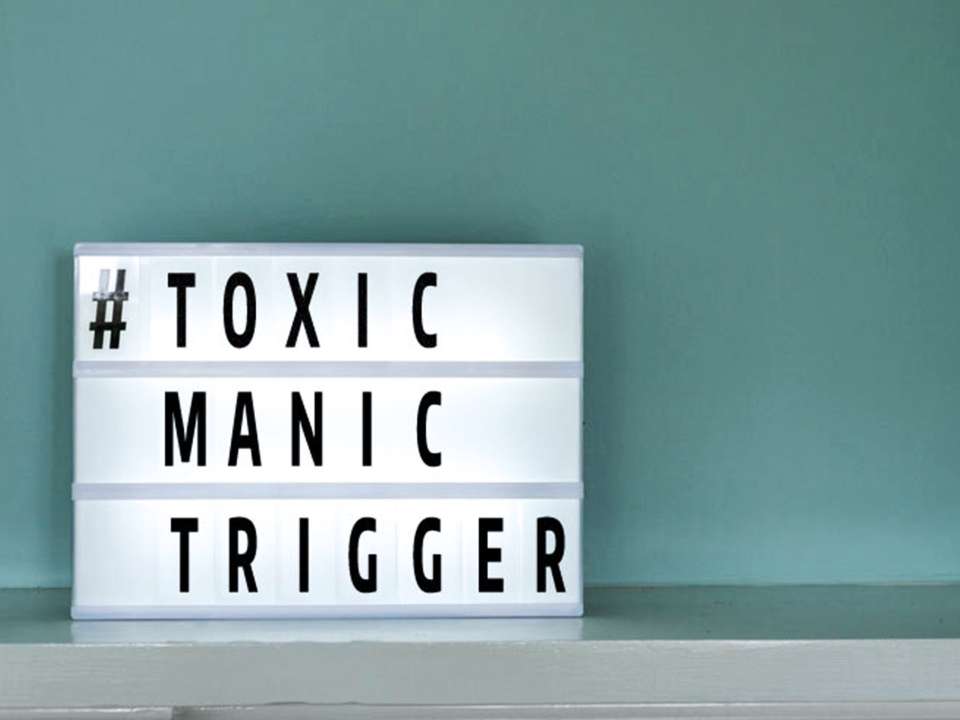
There’s an app for pretty much everything these days, and mental health help is no exception. Feeling stressed and want to meditate? There’s an app for that. Want to text with a therapist? There’s an app for that, too.
Apps are alluring because they offer convenient relief for free or for a smaller fee than in-person therapy.
Therapy apps pose some problems, however. From self-guided apps like Happify to meditation apps like Headspace to teletherapy apps like Talkspace, each app offers different services that may or may not be backed by scientific research. Even if it is, it can be tricky for someone to know if they’ll benefit from using an app versus a more traditional method.
Do therapy apps actually work?
The answer is: Maybe.
While early studies have shown that apps can be helpful for some people, researchers don’t yet understand the particulars. Who benefits most from which type of app? How can apps best be organized to meet users’ needs?
These are questions Patricia Areán, Ph.D., a professor of psychiatry and behavioral sciences at the University of Washington School of Medicine, asks herself every day. Areán directs the CREATIV Lab at the University of Washington, where she and her colleagues study innovative approaches to therapy that meet people where they’re at.
Currently, she’s conducting an independent study in collaboration with a therapy app to learn if the app is effective and, if so, under what conditions.
She sees promise in mental health apps because they can make getting care easier for people who can’t meet with a therapist in person due to access barriers — like living in a rural area or not being able to afford traditional therapy — or who are hesitant to take such a big step.
“I like this idea of on-demand therapy, but I understand there may be limitations to that as well,” Areán says.
Since so much research still needs to be done, there’s no consensus yet among experts as to whether or not apps are beneficial. Ultimately, it depends on the person and their specific needs.
How to choose the right therapy app
Areán says that how helpful an app is depends on several things, such as how much the person is struggling and how much motivation they have to meet their goals.
If you’re interested in trying a therapy app but don’t know where to start, here are her tips.
Think about how much help you need
The type of therapy you try and the access method that will be most helpful to you could depend on how much your symptoms are interfering with your life (or aren’t).
Apps can be helpful for someone who needs to unwind after a long, frustrating day at work or someone who is going through a temporary rough patch but may not be robust enough to help someone who is so anxious they’re having trouble going to work each day.
“If you’re functioning but you’re feeling stressed, I don’t see anything wrong with trying one. It could be helpful. If you continue to get worse or have more persistent symptoms that interfere with work or daily activities, you should definitely try to get help with a person,” Areán says.
That’s because many apps don’t have a lot of research behind their methods. Even if they say they follow standard practices, like cognitive behavioral therapy, that doesn’t mean they actually do — or, if they do, that such evidence-based methods work in the context of an app versus a traditional setting.
If you’re really struggling, it’s probably a good idea to test out tried-and-true methods first, like seeing a therapist or talking with your doctor, because those methods have countless research studies backing them up.
Know what kind of therapy suits you best
Are you one of those self-disciplined people who uses willpower to stick to your goal despite distractions? Or are you likely to lose motivation if you don’t have someone holding you accountable?
Understanding which camp you’re more likely to fall into can help you determine what kind of app-based therapy might be right for you, Areán says.
A pattern she has noticed in her research is that people may initially commit to using an app but will lose interest after a few weeks. During those weeks, they may have experienced some benefits from the app and a reduction in symptoms, but are those effects long-lasting?
This could mean having your app use guided by an in-person therapist, or using an app that lets you communicate directly with a therapist.
In a study Areán co-authored, participants reported that they preferred in-person therapy as well as self-guided use of an app, in comparison with app use guided by a therapist or a peer support specialist.
Yet, people expressed concerns that they would have no sense of accountability if they used an app without guidance. For those interested in meeting a therapist in person, access barriers were also a concern.
Currently, there is little understanding among researchers about which patients benefit most from which services. Areán is working on a proposal to the National Institutes of Health (NIH) to study three different levels of app-based mental health therapy. Her goal is to learn who responds best to app- or text-based therapy and who might need to step up to in-person mental health care.
In the meantime, whichever method you choose — and how effective it ends up being — can depend on a lot of different factors, some of which are in your control and some of which aren’t.
Be aware of privacy and security issues
One major issue some people have with therapy apps is something Areán has seen in her studies: Privacy concerns.
“It’s hard to know how secure their data is,” she says.
Before you commit to an app, it’s a good idea to get a sense of how it stores data and what security measures it has in place. Areán recommends reading the terms and conditions and privacy policy — you know, those things you usually tap “accept” for without a glance.
Some apps store data directly on your phone instead of in the app itself, she says, which can be a safer. Either way, you want to know what kind of data security the app provides so you can feel comfortable sharing personal health information.
Experiment to find what works
One important challenge to app-based therapy is that many apps are designed in a way that imposes a specific structure on you rather than fitting the app and its tools to your life, needs and wants the way a trained therapist would, Areán says.
“We don’t really talk to patients when we design these tools, so we’re making assumptions about what people want from tech in their recovery,” she says.
What does that mean for you? The first app you try might not be one you like — and that’s OK. Try a few different ones until you find one that offers all the features you’re looking for. The more you like the app and feel that it’s useful, the more likely you are to use it.
If you’re still unsure whether or not an app is the right option for you, Areán recommends testing one out because it could prove beneficial; even if it doesn’t, there’s no harm in trying.
“I don’t think it’s going to hurt you,” she says.
Even if it doesn’t live up to your expectations, that’s helpful information to take with you as you search for a better solution.

 Healthy ideas for your inbox
Healthy ideas for your inbox





